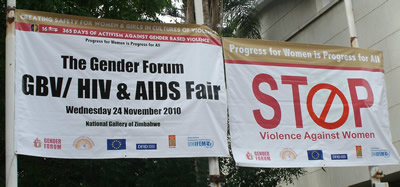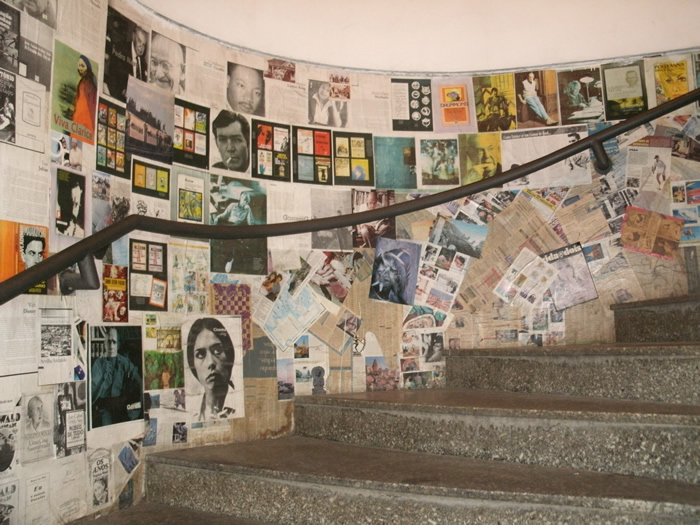Zimbabwe based fear
Posted on November 29th, 2010 by Zanele Manhenga. Filed in Uncategorized.Comments Off
I am coming from a workshop called 10 Tactics For Turning Information Into Action. There is so much that people know out there but what good is knowledge without you using it? These Ten Tactics help to make sure what you have you use and you use it well. The second tactic is the one that really got me going. Witness and record. This is where the workshop happened for me I tell you. I suddenly saw myself recording a corrupt police officer taking bribes from vehicle drivers under the disguise of a police roadblock. I could see him taking the money completely oblivious of me recording him with my phone. I could see myself going to an honest police officer and showing him my findings. As I give him that recording there is no fear in me. I am not even afraid of the system because in my dreams it is fair and just. I see him call all the relevant people trying to find out how he can arrest this corrupt policeman who has brought shame to his field of work. I even hear him thank me for being a brave and true citizen because for a moment there in my dream I was actually standing up for what I think is true and right and I have no fear. I see thousands of other Zimbabweans taking my lead and exposing all the corrupt people they brush shoulders with on a daily basis. Yes I did not fear a thing because in my dreams it is every Zimbabwean’s right to stop corruption. I even saw myself standing in the witness box and pointing him out to the judge and saying, yes, this is the man who has helped corruption blossom to a well-rooted tree. Then I came to down to earth, to Zimbabwe in particular, were the fear of the unknown grabs and consumes every day of my life. I came back and realized that where I live is anything but fair and just. Even if I had the guts to record such happenings how far would they go if a million other people live in the same fear as I do.











